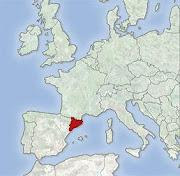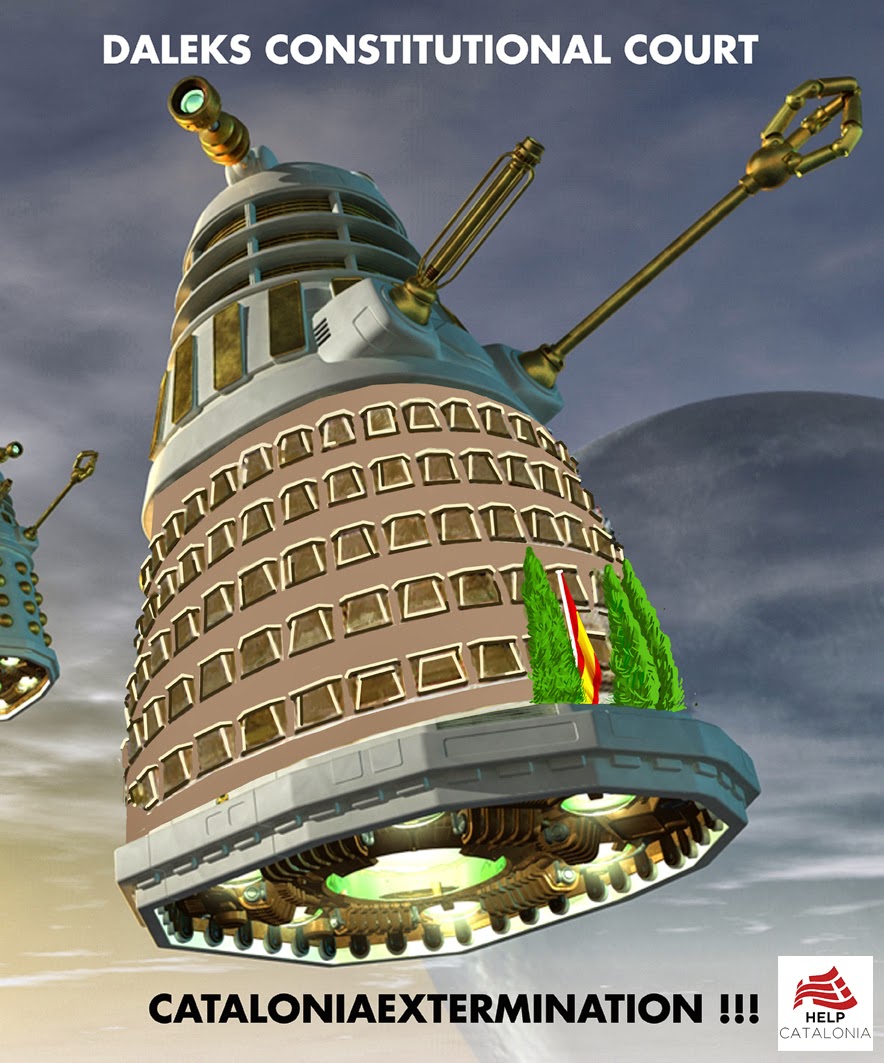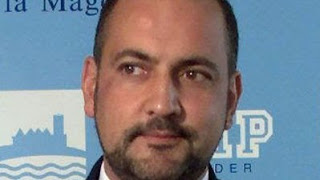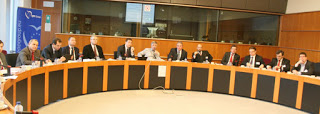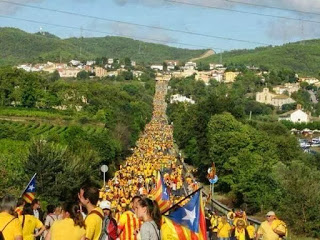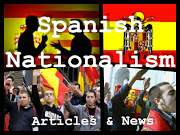The
feelings of the Catalans today can be summarized in two words, hope and
anxiety. Hope for a new future, anxiety in the face of the current situation
and of an unknown future.
In this path to obtaining complete
freedom two elements are shaping the process: the economic issues and Spain’s
dirty tactics.
Catalonia does not exist in economic isolation and has
little capacity to make economic decisions by itself, as it is linked to the
economies of Spain, Europe, and the world. Catalonia has an annual deficit cap
imposed by the European Union which is affected by Spain’s decisions –without
taking into account the budget cuts effected so far. It has economic structures
which in some cases are weak and would require strengthening in order to grow
the economy, stabilize companies, and get the unemployment rate to reasonable
levels. Companies have no liquidity to meet the expenses they face. There is a
growing fear among employers of losing their net worth as they are being forced
to constantly making personal financial contributions to their own businesses.
With all this in mind, there is a need for a common effort to boost cash flow
and generate economic growth.
Spain, instead of trying to help,
is trying to stop Catalans from exercising the right of self-determination,
which is causing countless problems. Spain does not realize that it is creating
a problem for itself due with their nationalistic short-sightedness. They have
been trying to scare Catalans by exacerbating the feeling of economic hardship
and they have ended up scaring all Spaniards. Money does not circulate. People
are generally not buying much. There are exceptions, but these are not enough
to get the wheel of the economy moving. There is a real financial crisis and a
psychological crisis too. With erratic and irresponsible statements made by
mediocre politicians, the Spanish government has managed to make people fear
for their future.
Spain stifles Catalonia's economy with
an unfair financing system as it is condemning it to a lack of infrastructures
and to having to wait again and again for monthly payments which are based on
an annual calculation made by the Spanish government itself. The Spanish
government has assigned the medical and social costs amongst the autonomic
regions but is not freeing up the source of income. It holds the key to the
cash box and also imposes an excessive solidarity contribution towards some
so-called poor regions.
Now the Spanish government contemplates
that the deficit must be flexible according to each autonomous community
because it has realized that if Spanish nationalism kills the goose that lays
the eggs, i.e. Catalonia, everyone in the state will have to tighten their
belts.
Another element that distorts the
situation on a daily basis is the constant nationalistic propaganda, by which
Catalonia is presented as unsupportive and selfish, even attacking Catalonia’s
leaders with alleged corrupt activities which are never proven. But never mind
this, their goal is to increase discontent.
Catalonia demands that its leaders
act responsibly, that society gets involved, and that Spain stops leading
Spanish society to a collective suicide in its attempt to defeat the Catalans.
Jordi
Colomines


